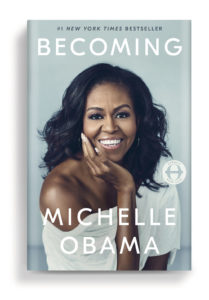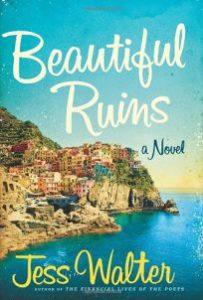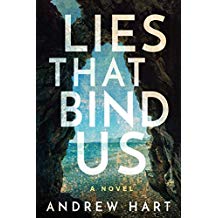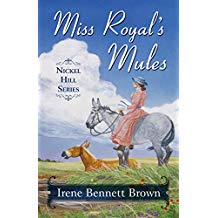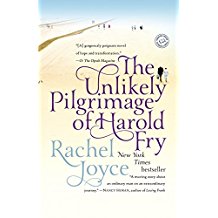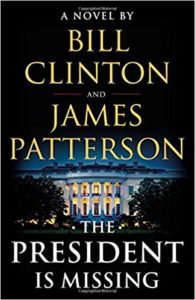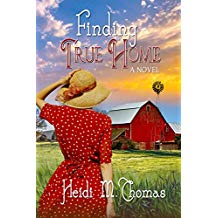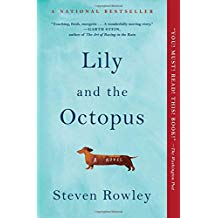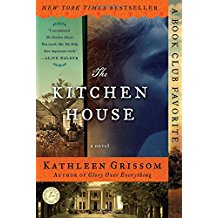Michelle Obama’s Becoming is an extraordinary autobiography of a woman who accomplished impressive feats from modest beginnings.
Growing up in a working-class neighborhood in Chicago’s South Side, Michelle lived with her mother, father, and older brother in a cramped upstairs apartment in her aunt’s house. Although their living quarters were small, her parents saw to it that their lives were rich with experiences that would see the children through to hard-won success.
Although the college counselor at high school told Michelle she “wasn’t Princeton material,” she persisted and, with the encouragement of another teacher, was accepted and graduated from Princeton and later from Harvard Law School.
After Harvard, Michelle worked as an attorney at a large Chicago law firm. While there she met an optimistic, cheerful young black man with a peculiar name: Barack Hussein Obama. Barack was born in Hawaii, the son of a Kenyan father and a white 19-year-old mother.
In the “Becoming Us” section of the book, Michelle discusses marriage with Barack, how he seemed destined for public life and eventually become an Illinois State Senator. While Michelle strove for a stable home life, Barack commuted from Chicago to his senatorial work in Springfield, often spending three days at home and four in Springfield. Later, he became a U.S. Senator and commuted from Chicago to Washington, D.C.
In the meantime, Michelle had changed jobs and was now a university administrator. They had two daughters, Malia and Sasha, and Michelle struggled to balance family, work, and Barack’s fast-moving political career. In the book she speaks of the grueling work of campaigning, and the discomfort of close scrutiny while on public display.
In “Becoming More,” we experience life in the White House with the 44th President of the United States, and the first black person to hold that position. Michelle describes, with good humor and candor, what it’s like to live “above the shop” in a 132-room house, with armed guards present at all times. She talks about traveling with the President in a 20-vehicle armed caravan. As first lady, Michelle strives to make her mark, to make a difference. The author tells her story of eight years in the White House with honesty and good humor.
Becoming is an intriguing autobiography. It’s a worthwhile story, told in exquisite, interesting detail. Michelle Obama isn’t hesitant about naming names, nor does she shirk from sharing her views on political shortcomings, and backs up her statements with provable facts.
Note: Becoming in hardcover format is a hefty volume of 428 pages, and that with small print. This would be a good candidate for an e-reader with adjustable font.


